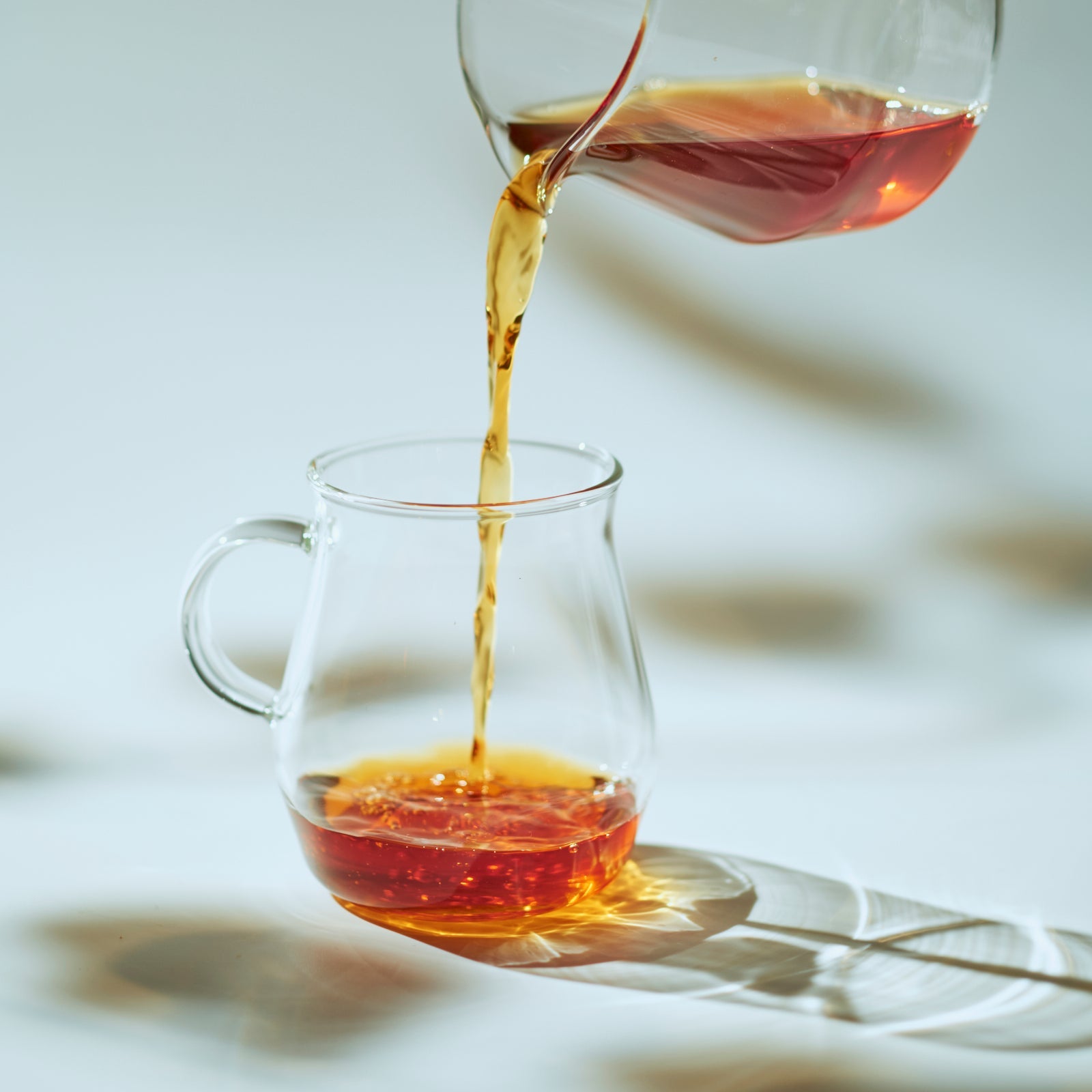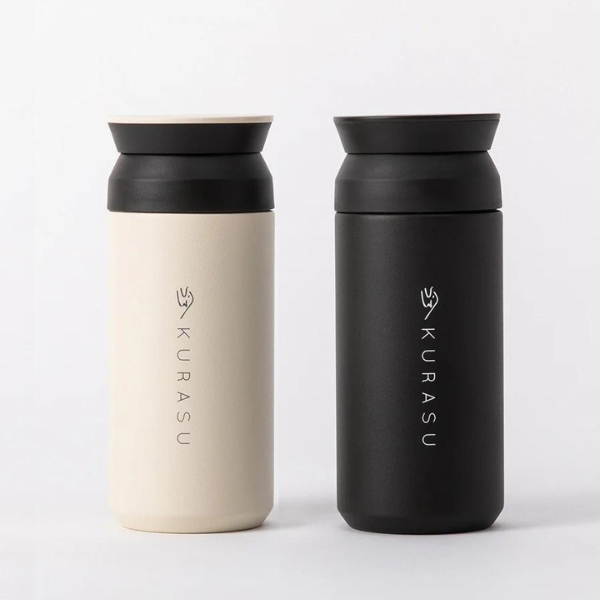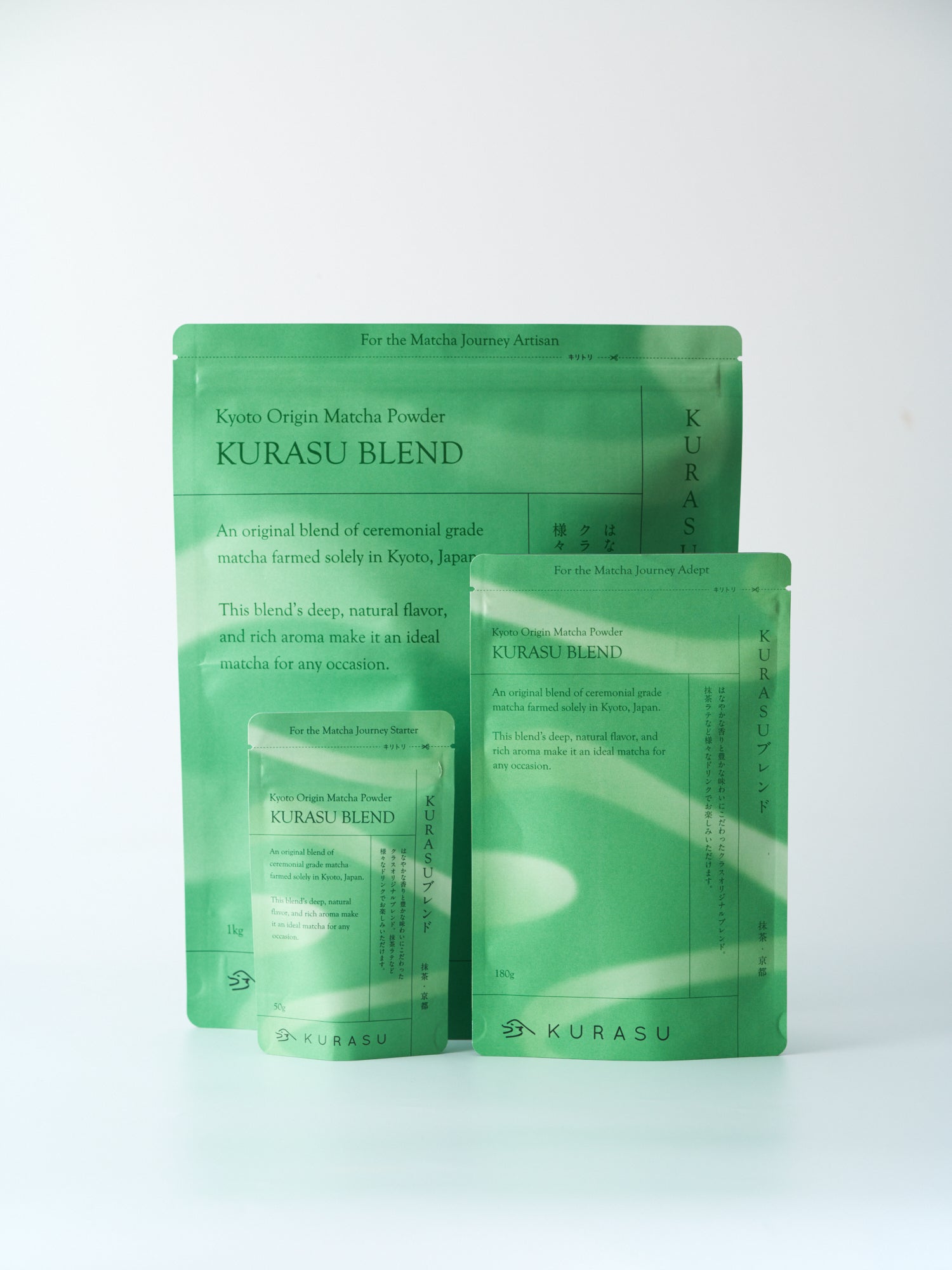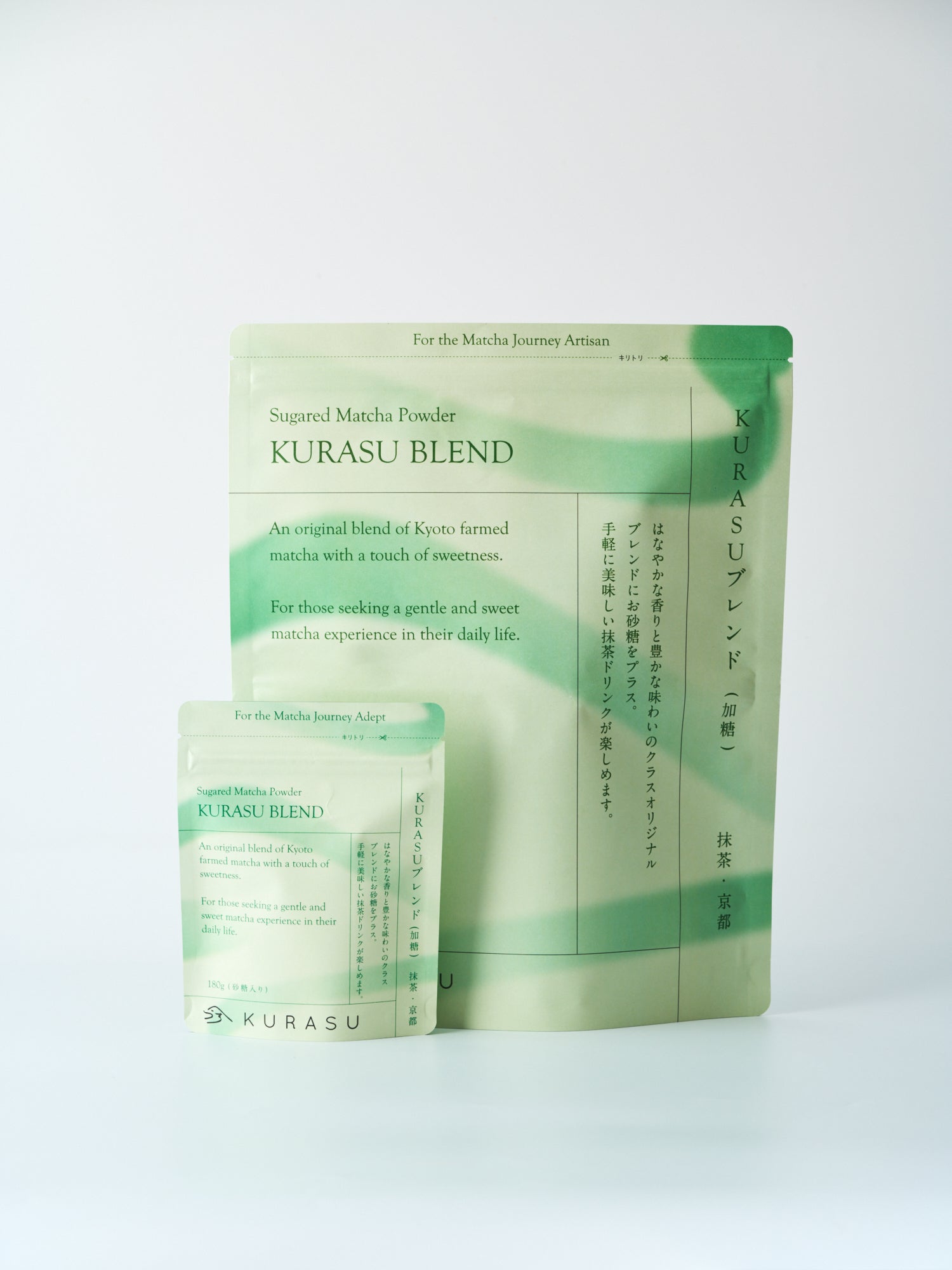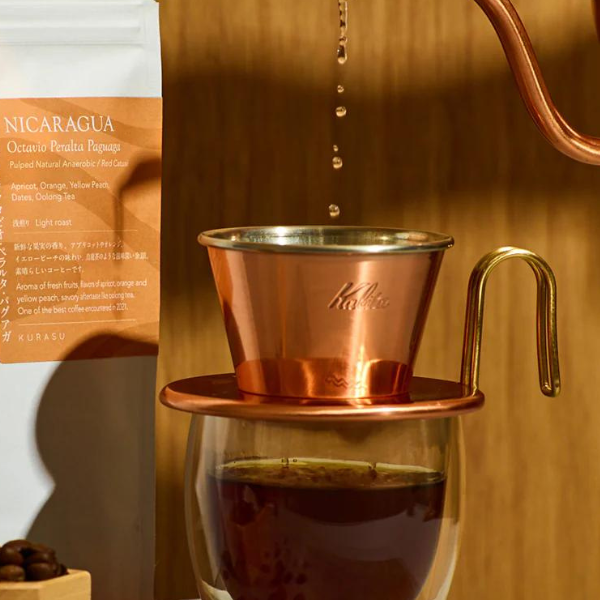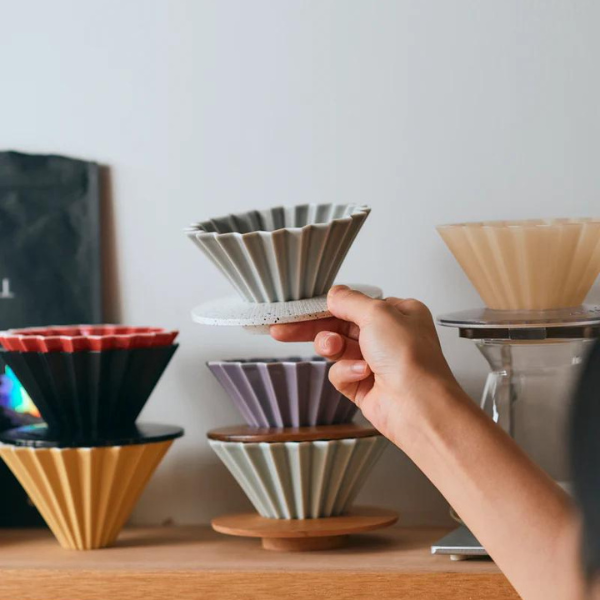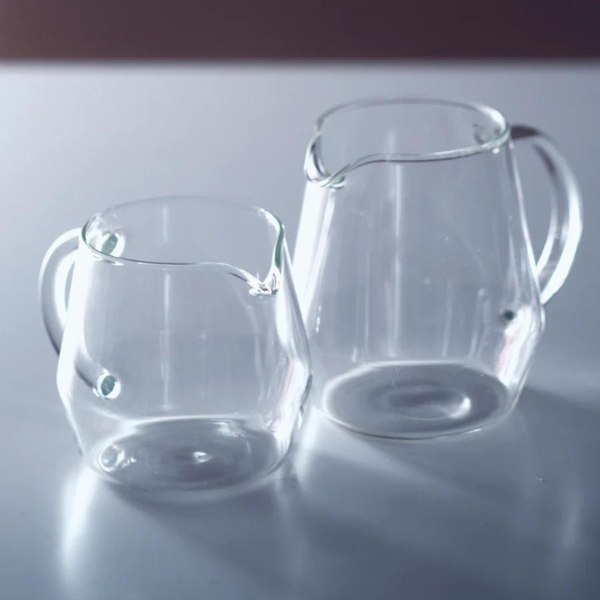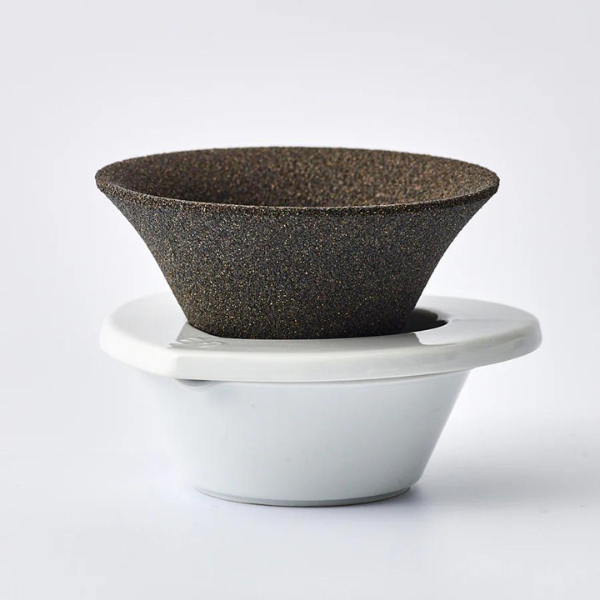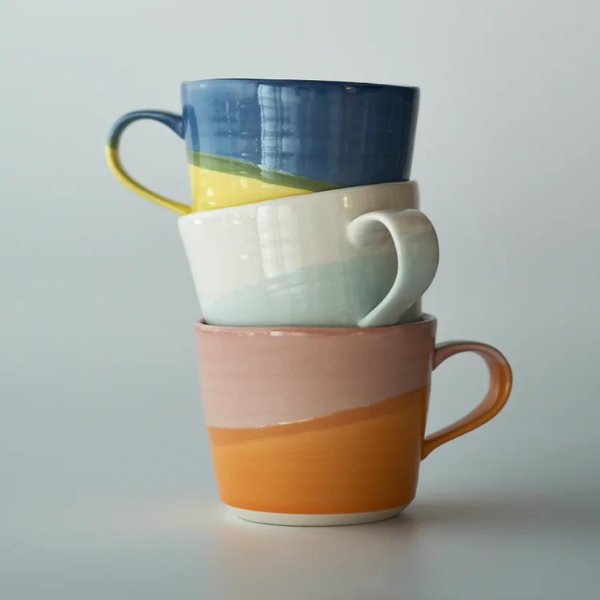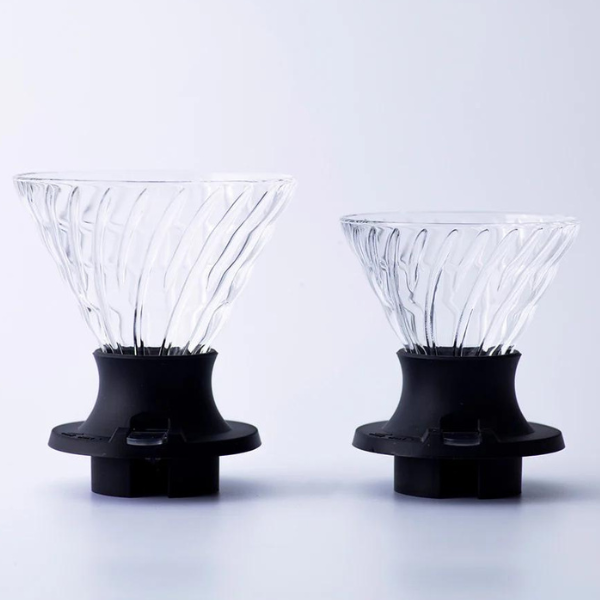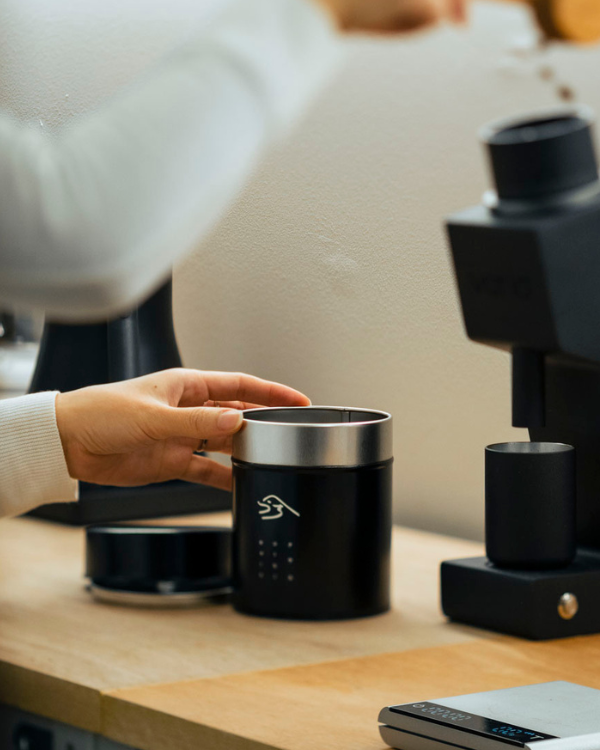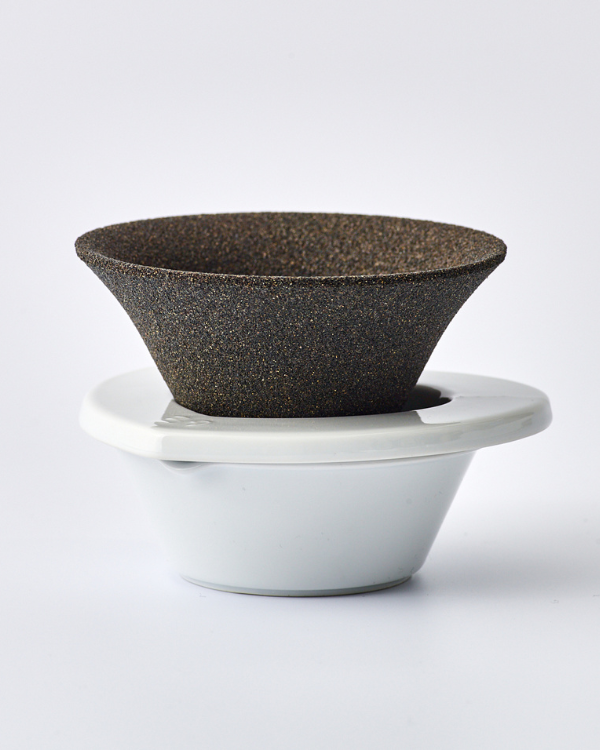To celebrate the collaboration between Kurasu,KYOTOGRAPHIE, andKG+, we launched this [KYOTOGRAPHIE] series to explore new perspectives on how coffee and art cross their paths.
We asked professionals in different industries- a coffee roaster, an artist, and a curator- the same set of questions, revolving around this year’s KYOTOGRAPHIE concept, “HUMANITY,” to bring what creativity can do into focus through different perspectives.
To kick start the series, we interviewed our head roaster, Takuya Otsuka. Usually, his philosophy on production is expressed through products and rarely words- but as the conversation floats between ideas, contemplations and practice, it slowly starts to take shape.
Do you like coffee?
—First question- do you like coffee?
Yes I do, haha.
—What do you like about coffee?
The fact that you can’t really figure it out, maybe.
There is never a moment when I’d feel “this is it, it’s perfect” neither in brewing nor roasting. I can achieve a certain level above my standard, of course, but there is always some more room to do better. I strive for perfection, but I cannot reach it. That both frustrates me and excites me, and maybe that’s why I keep on roasting.
—Why do you think it’s difficult to “figure it out”? Where does it come from?
As a product, you can see coffee in numbers. For example, you can test for the TDS (Total Dissolved Solids) score to see the coffee’s concentration level as a data. But the same coffee with the same TDS score can taste different at different occasions. You can’t define taste only with numbers and data, and how you taste something is always affected by your health condition, feelings, and environment. That sensory-heavy factor makes it difficult to “figure coffee out.”
—Then, technically speaking, can there be “the same taste”?
Within the ballpark of what humans can sense, there could be a “similar taste.” But strictly speaking, I’d say it must be a little different every single time. It’s also up to how finely tuned the person’s senses are- the definition of the “same” can also be different between individuals. Afterall, that “sameness” we perceive to have experienced may be closer to some sort of an illusion.
—If that’s the case, a discrepancy we sometimes feel between different batches of the same coffee should probably be enjoyed rather than scrutinized.
You could say that. As a professional, I always strike high and take responsibility in recreating the same high value both in roasting and in brewing. However, coffee is a natural product, therefore how they taste can fluctuate, and us, producers and consumers, are humans, and we too, fluctuate. So instead of calling that a discrepancy, it would be nice if we can all enjoy it as a serendipity. I hope our coffee can inspire some unexpected encounters and offer people some time to enjoy them.
How do you define “HUMANITY”?
—How does creativity come into play in roasting?
Coffee roasting requires skill and creativity simultaneously. First, you need to have skills to bring the terroir and the characters out of the beans and roast to a standard. Then, beyond that, there is a room for creativity to stretch that reach as close to perfection as possible. Especially within the context of a specialty coffee, bringing out the unique profile of each origin is one of the common goals for roasters.
—How do you pick what beans to purchase? What’s your criteria?
At cuppings I see so many types of beans, each with a unique charm. But I never pick a coffee that I cannot picture in my mind how I would roast it- no matter how good that coffee is. If you cannot imagine it, you can’t give it shape. Production is a work to bring what’s in your mind to life. How much you can imagine expands as you gain experience and skills, and that will give you more tools for future creation.
What makes us human?
—While you work with coffee, do you experience any “human” moments?
The list of questions of this interview made me think about many things. That process of thinking itself felt quite like a human thing for me. We sometimes think about things without easy answers, and to me that’s a very human thing to do.
—Do you have moments like that during your usual shifts?
I sometimes ask ChatGPT to aid my tasks, but often I feel its answers are close but not 'quite'. I think that’s because what we need to process to make a decision accounts for so much more than what a plain text can express- contexts, relationships, and a warmth of words coming from humans.
—Where in a coffee production human judgements hold value?
Automation is making its way into the coffee industry, and now AI and machines can recreate a coffee production that meets certain quality standards. But only human beings can make a final decision if it “passes the test”, as no standard exists without contexts. Why we want to serve this coffee, and why we chose to make it this way- numbers and scores cannot appreciate the organic reasoning behind the final decision to be a good one, such as the atmosphere and human to human relationships. I believe it is our role as human beings to keep on struggling with our full five senses, if not six, to make a “good” decision at all times.
How do you express the intangible?
—”A cup of coffee” is a concept loaded with sentiments, is it not?
I agree- coffee is quite a sensory thing to enjoy, and I think that’s why we feel and associate so much with a single cup of coffee. But I don’t usually try to visualize it to explain my coffee.
—So do you say what’s good about coffee cannot be visualized?
I’d say so. We try to explain intangible experiences such as a taste, feel, a vibe, etc. through photos and texts. But they are all means to explain the experience, and not the experience itself. In my opinion, the core value of coffee is something that lingers on your mind, and not something you can see.
But at the same time, photographs have powers to capture what cannot be seen, and the sentiment we feel from a cup of coffee can be captured in a photo and appreciated by those who work with coffee every day.
When do you feel most like a human?
—In your day to day life at work, when do you feel most like a human?
I guess I should say it’s when I feel joy.
—What for example brings you joy?
Just receiving an email from another part of the world that says “your coffee was great” cheers me up as I go through roasting batches, and the idea of my work becoming someone’s experience long after it left my hands motivates me.
—What about positive feedback from someone you know?
If I brew for someone I know and they say “it’s tasty”, it gives me another kind of joy. It may be a cliche, but sometimes, what one person says can mean so much more than the fact that thousands of people drink my coffee.
—Is that kind of personal relationship something you value in your work with specialty coffee?
People say traceability matters in specialty coffee. As much as it helps as a quality control, I think it offers a sense of connection. The sense comes from the awareness that you are drinking the coffee made by this particular person. That sense ultimately shapes how each individual sees themselves in relation to the problems we have on earth, and how they would act on them.
What do cultural crossroads bear?
—What do you think is created by the act of standing on a crossroad?
Among many things, I’d say it helps deepen your understanding of abstract concepts. For example, a concept of beauty. I say beauty exists in balance.
—Does it translate to coffee?
The other day, I was talking to my hair stylist about what makes something beautiful. They said it’s important to strike a good balance. It cannot be decided by a single person, but it is something they constantly polish and update through the discussions with their clients.
In coffee tasting, balance is one of the criteria. Multiple people try the same cup, and we work towards consensus.
—What do you think is important to achieve a balance?
You cannot keep balance all by yourself. That’s why it’s important to stand where many different things cross their paths. At that crossroad, you won’t find answers but you will find questions. And those questions will take you to the next place.
Coffee and art.
Art and coffe.
Both seem to hold clear answers for us, but there is always a room for uncertainty and feelings. In that space of “unsureness” a room for conversation lies.
We hope this interview left you with new little questions- stay tuned for more perspectives.
Otsuka Takuya
A coffee roaster. Born in 1998, in Hyogo, Japan, based in Kyoto. While studying at Keio University reading statistics and algebra, Takuya fell in love with coffee and started roasting at home. After graduating from the university, Takuya worked as a sales person at a control instrument manufacturer while being trained in coffee at Round Point Cafe in Kobe. Currently, Takuya takes charge of purchasing and roasting specialty coffee at Kurasu Kyoto. He holds high respect for the raw ingredients crafted by the producers, and expresses in a clean, mild, and nuanced cup through roasting. Ranked 6th at Rwanda Coffee Challenge 2025, a national championship hosted in celebration and striving to achieve sustainable coffee production in Rwanda.
(photo: Ai Mizobuchi / text: Jongmin / translation: Aya)

